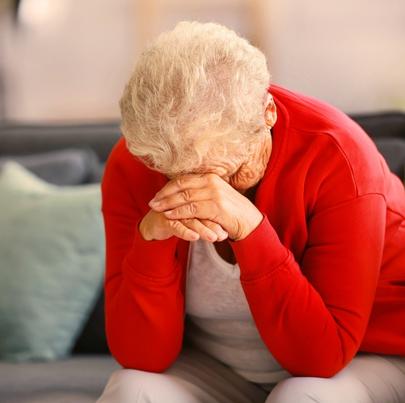Emotional abuse inflicts deep wounds on an elderly person’s psyche that can impact their quality of life and shorten their life expectancy. Because these wounds leave no physical scars, it is difficult to detect that emotional abuse is present. However, there are certain signs and symptoms that family members and friends should be aware of that often stem from abuse.

Forms of Emotional Abuse
Elder abuse may involve humiliating or ridiculing an elderly nursing home resident. For example, mocking them for “wetting the bed,” or insulting them for their inability to perform basic self-care tasks such as brushing their teeth, walking or standing without assistance, etc.
Nursing home residents may be intimidated by a caregiver through threats or the use of abusive statements. These actions have the effect of wearing down the residents will and forcing compliance.
Elders may also be shunned or ignored by caregivers. For example, a nursing home resident may be deliberately excluded from events or treatment because they have not complied with their abuser’s demands.
Recognizing the Signs of Emotional Abuse
Individuals who suffer emotional abuse often suffer from low-self esteem and will withdraw from family members and social events.
In many cases, individuals will suffer depression and periods of hopelessness that they are unable to shake free from. These typically become worse the longer the abuse continues.
Individuals may also suffer from sudden and dramatic changes in their moods and behaviors. These can include changes to sleep patterns, eating habits, social interactions, etc.
(Article continues below Infographic)

______
The Importance of Treating Emotional Abuse
Elder emotional abuse can have a significant impact on a loved one’s life expectancy. Emotional abuse can rob elders of their dignity and their desire to live. For this reason, it is crucial to start treatment by removing the victim from the situation prior to commencing treatment.
Once the victim is removed from the situation, a nursing home abuse attorney can help pursue claims for damages against the abuser, their employer, and any parties who were complicit in or involved in the abuse.
In the vast majority of instances, elderly victims of emotional abuse must enter into counseling with a trained counselor familiar with the unique emotional needs of elderly patients. The counselor may recommend a course of medication, physical activity, and changes to routine that can help the victim recover their dignity and emotional well-being.







